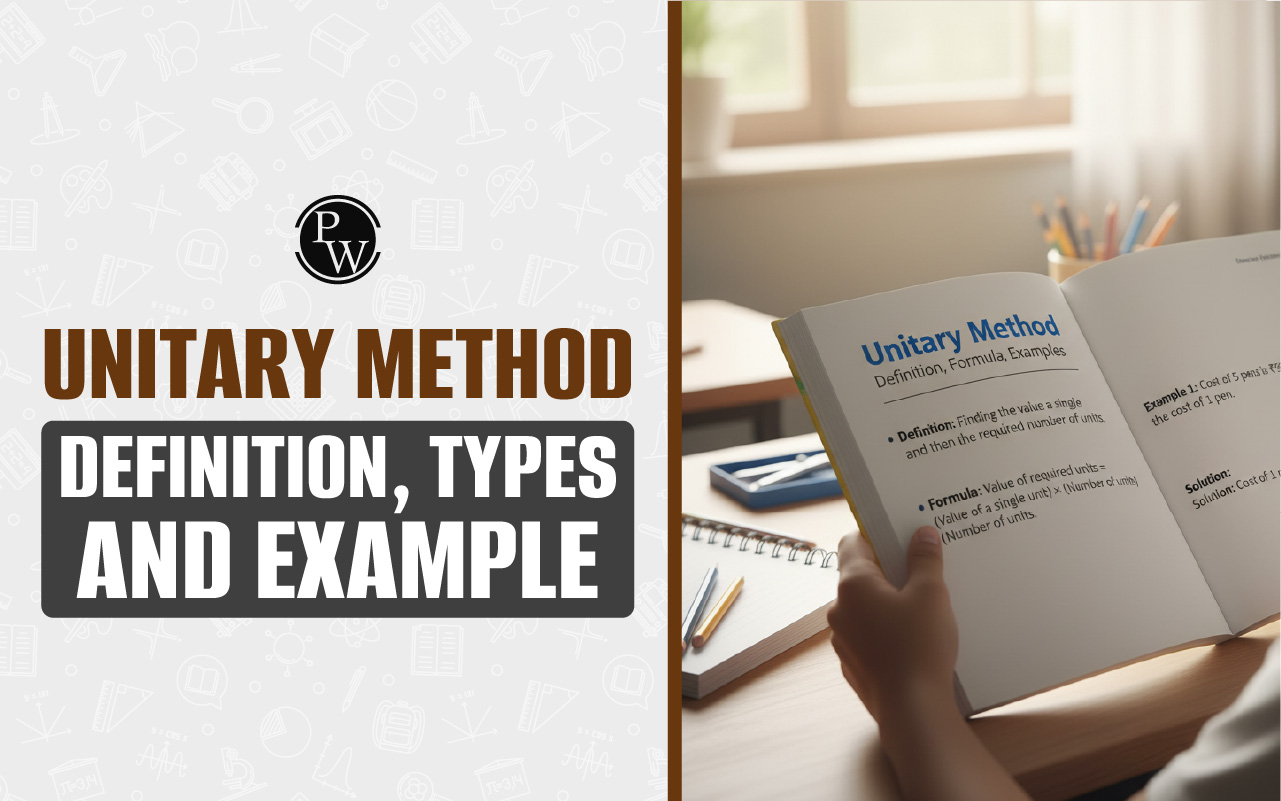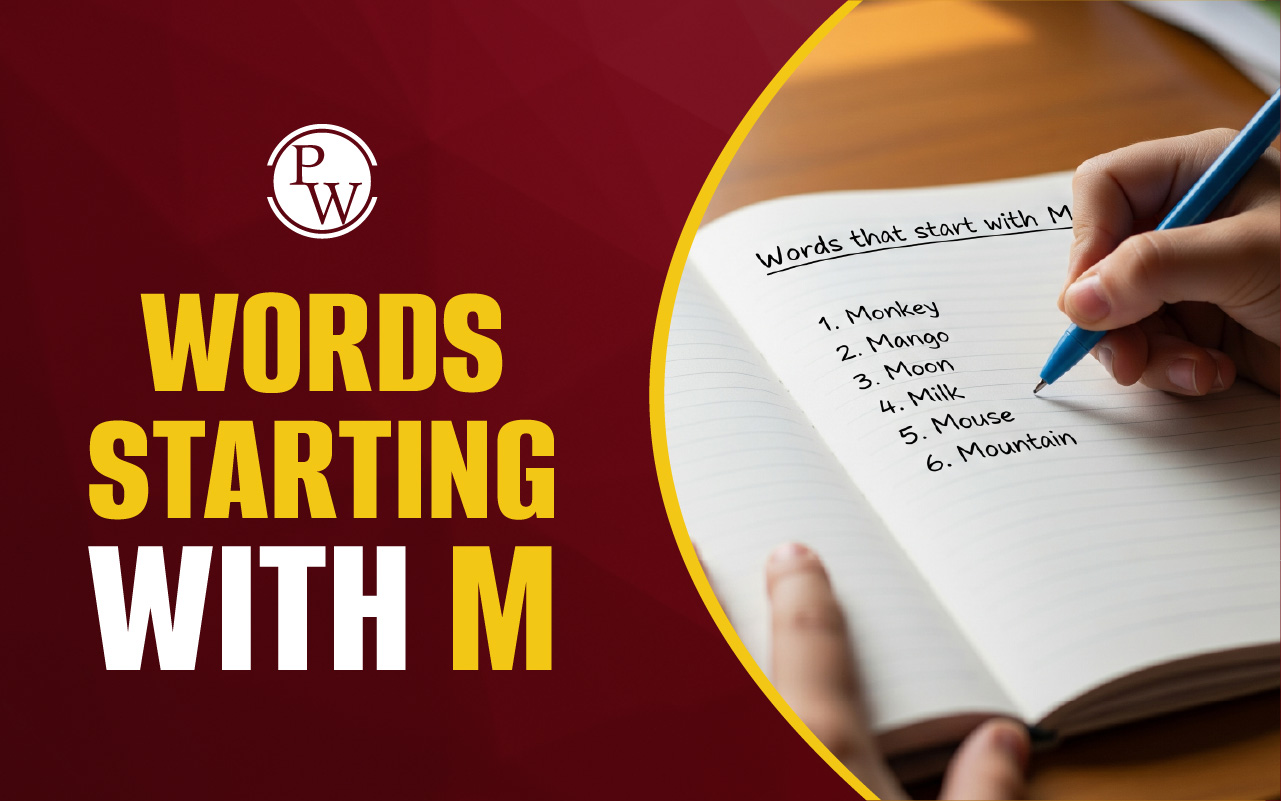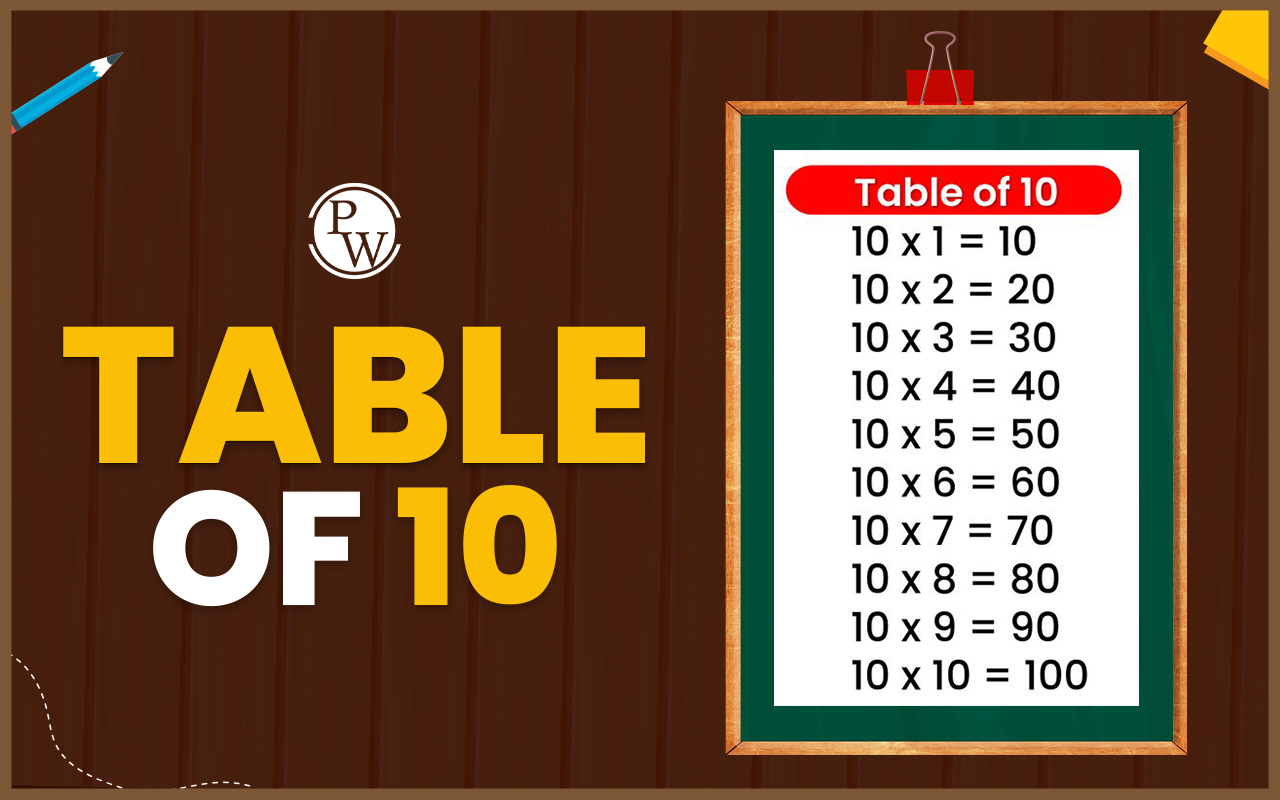
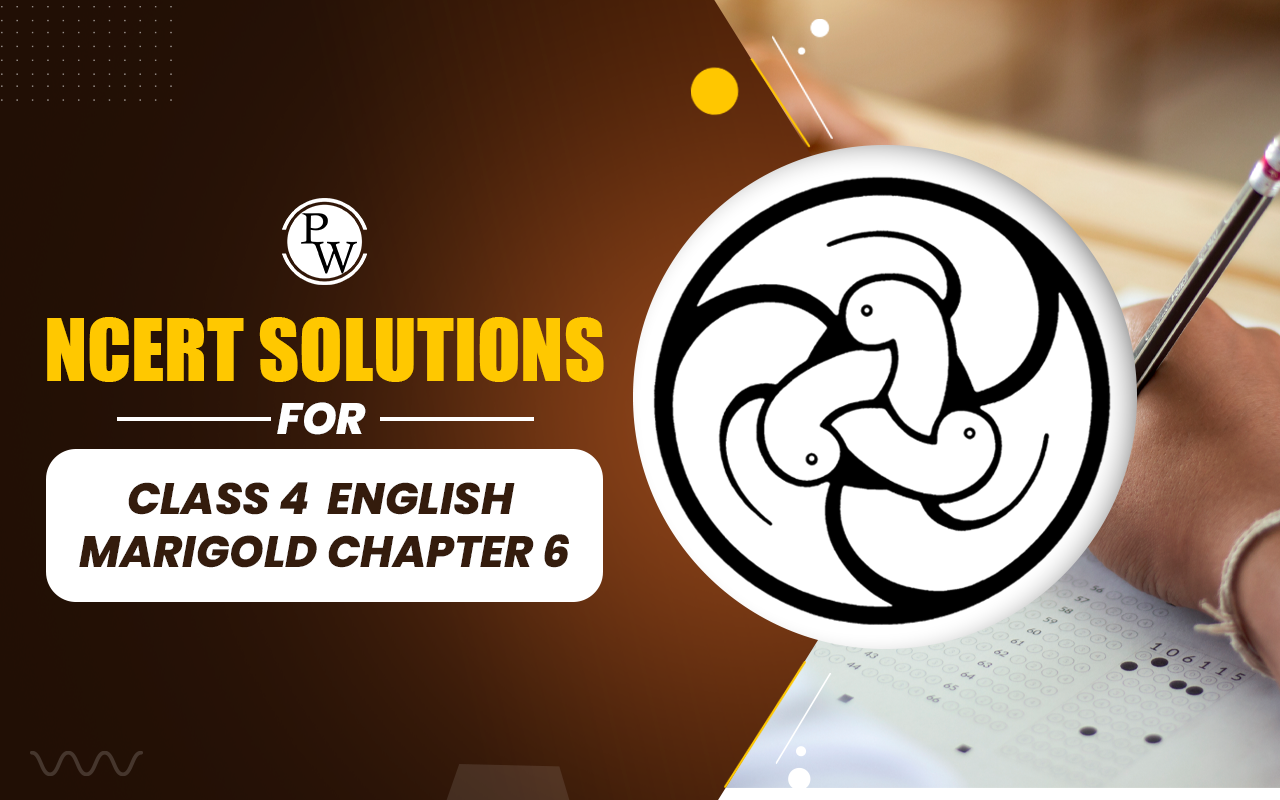
NCERT Solutions for Class 4 English Marigold Chapter 6: NCERT Solutions for Class 4 English Marigold Chapter 6 The Scholar’s Mother Tongue is about a clever scholar who travels to meet the king. The scholar is proud of his ability to speak many languages and challenges others to identify his mother tongue. The king, intrigued by this, devises a clever plan to discover the scholar's native language.
The king surprises the scholar in his sleep, and the startled scholar speaks in his mother tongue, revealing the language he grew up with. The story highlights the importance of one's mother tongue and the wisdom of the king’s approach.NCERT Solutions for Class 4 English Marigold Chapter 6 Overview
NCERT Solutions for Class 4 English Marigold Chapter 6 The Scholar’s Mother Tongue revolves around a scholar who is highly knowledgeable and proud of his ability to speak many languages. He visits a king’s court, boasting about his linguistic skills and challenging anyone to identify his mother tongue. The scholar is confident that no one can figure it out because he is equally fluent in all the languages he knows. The king, however, is intrigued and comes up with a clever plan to discover the scholar’s native language. One night, while the scholar is fast asleep, the king orders one of his men to tickle the scholar's ear with a feather. Startled, the scholar speaks out in his mother tongue, revealing the language he learned as a child. This trick allows the king to outsmart the scholar, proving that no matter how many languages a person learns, their first language or mother tongue remains deeply ingrained in them.NCERT Solutions for Class 4 English Marigold Chapter 6 PDF
The story teaches a valuable lesson about the significance of one’s mother tongue. It also highlights the intelligence and wisdom of the king in solving the challenge. Through this tale, students are encouraged to appreciate their native language and heritage. Hence, here we have provided NCERT Solutions for Class 4 English Marigold Chapter 6 pdf -NCERT Solutions for Class 4 English Marigold Chapter 6 PDF
NCERT Solutions for Class 4 English Marigold Chapter 6 The Scholar’s Mother Tongue
Here we have provided NCERT Solutions for Class 4 English Marigold Chapter 6 The Scholar’s Mother Tongue -1. Who came to Akbar’s court?
Answer.
There once was a Pundit who came to Akbar's court.2. What did he claim to know?
Answer.
He claimed that he was multilingual and had fluency in speaking.3. How did he challenge everybody?
Answer.
He asked each person to identify his mother tongue.Let’s Talk
1. What is your mother tongue?
Answer.
Do it yourself.2. Tell the class a joke in your mother tongue.
Answer.
Do it yourself.3. Do you know any other language? Do you know a joke in English? Tell your friends.
Answer.
Do it yourself.Let’s Listen
1. Listen to your favourite advertisement on the radio or T.V. Repeat it with stress on the words. Act, draw and write the advertisement.
Answer.
Do it yourself.Say Aloud
ask bask mask task
scholar school scan skim
We say − I learnt my lesson. (action word) But A learn-ed pundit came to the court. (describing word) We pronounce it as learn-id to rhyme with created Waited1. Tick (✓) the words which end with the sound id. Say each word aloud.
accepted ⬜ answered ⬜ irritated ⬜ failed ⬜
completed ⬜ challenged ⬜ cried ⬜ surprised ⬜
find ⬜ licked ⬜ celebrated ⬜ fried ⬜
Answer.
accepted ☑️ answered ⬜ irritated ☑️ failed ⬜ completed ☑️ challenged ⬜ cried ☑️ surprised ⬜ find ⬜ licked ⬜ celebrated ☑️ fried ☑️Word Building
1. Make a class dictionary with words from the story. Try to find suitable words for them in your mother tongue. Say these words aloud.
Then make sentences with those words in your class dictionary.
| Words in English | Sentences |
|
Converse
Tickle |
Answer.
| Words in English | Sentences |
| Converse | She conversed fluently in her mother tongue. |
| Tickle | I tickled my brother to make him laugh. |
| Truth | Everyone should speak the truth. |
| Accepted | I accepted my friend’s request. |
| Challenged | I challenged my friend to solve the problem. |
| Difficulty | I faced a lot of difficulty in solving a maths problem. |
| Fluently | I can speak fluently in English. |
2. Write all the words that show you are happy.
For example: Hurray, Ha! Ha!
Add more
Answer .
Yahoo! hip, hip, hurray!, yayyyy..3. Tick (✓) the right answer.
(i) ‘I visited the court of Akbar’ means
(a) You always live there. ⬜ (b) You came there for a short time. ☑️ (c) You were born there. ⬜(ii) To imitate someone means to
(a) copy someone. ☑️ (b) tease someone. ⬜ (c) make someone angry. ⬜4. Look and fill in the columns. One has been done for you.
Answer.
quiet quietly sad sadly fluent fluently fierce fiercely angry angrily gentle gently5. Match the words in Column ‘A’ with words in Column ‘B’
| A | B |
| king | children |
| teacher | patients |
| doctor | courtiers |
| bus driver | clients |
| lawyer | passengers |
| mother | students |
Answer.
| A | B |
| king | courtiers |
| teacher | students |
| doctor | patients |
| bus driver | passengers |
| lawyer | clients |
| mother | children |
6. Play this game with a friend. Pick up what you want from any basket.
Add a or an before it.
Now say the sentences below, using these things –

Answer.
• a rug, a pillow, a bedsheet • an alarm clock, a wall clock, a wrist watch • an apple, an orange, a banana, an ice-cream • a bow, an arrow, a ball, a bat, a doll • a waistcoat, a long coat, a raincoat, an umbrellaNeena : Can I have an orange, please?
Rahul : Yes, here you are.
Jeevika : Can I have a banana, too.
Nikhil : No, sorry. You can’t have that.
Make more sentences using words from the baskets. Can you please clean the bedsheet? Where did you buy this wall clock? Which flavour ice-cream do you like? Can you give me a bat? Would you like a banana? Can I have a wrist watch, please? Can I have a long coat, please? Would you please give me a doll?Let’s Share
1. How did Birbal find out about the Pundit’s mother tongue?
Answer.
When the Pundit was sound sleeping, Birbal walked into the bedroom. He said something into the Pundit's ear and used a feather to tickle his ear. Quickly, the Pundit awoke from his sleep and started screaming in his native tongue. Birbal learnt of the Pundit's mother tongue in this way.2. Act this out with your friends and make it into a class play.
Answer.
Do it yourself.The Truth Balloon
Suppose you are going on a camping holiday.
What are the four most important things you will carry with you?
Choose from the tags attached to the hot air balloon.
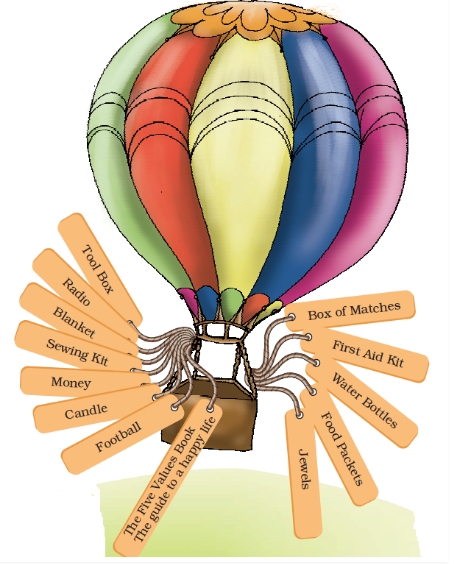
Answer.
• Money • First aid kit • Food packets • Water bottlesFun Time
Crossword Fun
India is a country of many languages. Let’s see if you know what the people of the states in this crossword puzzle speak. The clues are given below. The first letter of each answer has been filled in for you.
Across
1. This language is spoken in Orissa
2. It is spoken in Karnataka
4. The people of Assam speak this language
7. This language is used in Andhra Pradesh
8. You can hear this spoken in Maharashtra
Down
3. The people of Kerala speak this language
5. This is our national language
6. The language of the Goan people
7. This is spoken in Tamil Nadu
9. It is widely spoken in Uttar Pradesh and elsewhere


Benefits of NCERT Solutions for Class 4 English Marigold Chapter 6
NCERT Solutions for Class 4 English Marigold Chapter 6, "The Scholar’s Mother Tongue," offer various benefits to students:Concept Clarity : The solutions provide detailed explanations of the chapter, helping students understand the story's main message and moral lesson effectively.
Improved Comprehension : By offering answers to comprehension questions, the solutions help students improve their understanding of the text, aiding in better retention of the plot and characters.
Vocabulary Building : The solutions highlight key words and their meanings, enhancing the students’ vocabulary and language skills.
Answer Framing : The solutions guide students in framing well-structured, concise answers, improving their writing skills for exams and classwork.
Moral Learning : The story emphasizes the importance of one’s mother tongue and clever problem-solving, and the solutions reinforce these themes, helping students grasp the moral lessons of the story.
NCERT Solutions for Class 4 English Marigold Chapter 6 FAQs
What did Pundit claim to know?
What did King Akbar learn from scholars?
Why could no one find out the pundits' mother tongue?
What made the Pandit accept the truth?
What did Pandit challenge the court?



